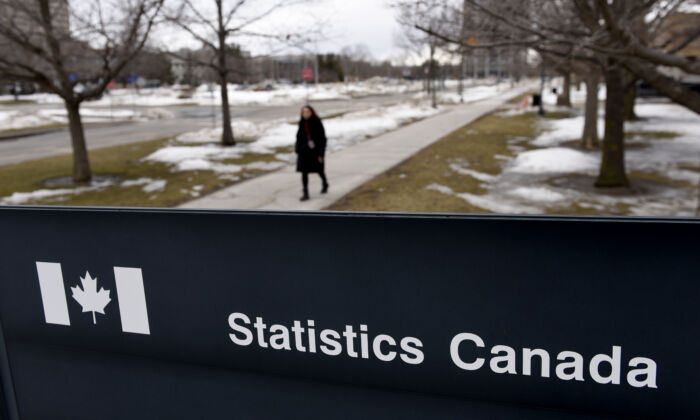StatCan: Mental Health Declining Among Young Canadians, with Girls Most Impacted
About one in five Canadian youth who reported good mental health four years ago say their mental health has worsened, a recent survey has found, with girls and older teens being more likely to report declining mental health.
More than 20 percent of youth who described their mental health as “very good” or “excellent” in a 2019 survey said it had declined to “fair” or “poor” by 2023, according to Statistics Canada.
The study evaluated the same teens across the four-year period and found that the decline in mental health was more common among older youth who were making the transition to young adulthood throughout the pandemic. As well, girls appeared more likely than boys to report declines or maintain a “fair” or “poor” mental health rating four years later.
“The life changes that occur during the transition to adolescence and young adulthood can contribute to lowering levels of self-rated mental health for some youth,” the authors wrote. “At the same time, the COVID-19 pandemic had a big impact on the lives of many Canadians, and some effects are still being felt today.”
A total of 41,934 children and youth were surveyed in 2019. The survey four years later had a response rate of 54.2 percent, resulting in a final sample of 22,739 participants aged 5 to 21.
The Trend
Nearly a quarter (23 percent) of youth aged 15 to 17 who reported “good,” “very good,” or “excellent” mental health in 2019 said their mental health declined to “fair” or “poor” in 2023. Among younger teens, aged 12 to 14, the rate of self-reported mental health decline was lower, at 19 percent
Of the 12 percent of youth who described their mental health as “fair” or “poor” in 2019, more than 60 percent still described it as such in 2023. The rest (38 percent) said their mental health improved to either “good,” “very good,” or “excellent.”
The authors point to a broader trend observed in Canadians aged 12 years and older since 2015. The proportion of those reporting very good or excellent mental health dropped more than 10 percentage points between 2015 and 2021, to 59 percent, with a sharper decline seen since the pandemic began.
Cases of anxiety and mood disorders also became more prevalent by 2021, according to the agency.
Mental Health in Teen Girls
The study found that a higher proportion of girls described their mental health as “fair” or “poor” in both years. Over the four-year period, the percentage of girls aged 12 to 17 who used that rating nearly doubled, from 16 percent to 33 percent. Among boys, the proportion was lower but more than doubled from 7 percent to 19 percent.
Girls were also more likely, nearly 70 percent, to say their mental health was still “fair” or “poor” four years later. Just over half of boys (52 percent) maintained low self-rated mental health from 2019.
The findings are indicative of a larger trend among women, according to a May 2024 report jointly published by the Macdonald-Laurier Institute (MLI) and the Centre for the Study of Living Standards.
Based on data from Statistics Canada, the report found Canada has seen a marked deterioration in the mental health of young women over the last decade.
More than three-quarters of women aged 15 to 30 reported excellent or very good mental health between 2009 and 2010. Throughout the following nine years, that figure dropped 22.5 percentage points, to 54 percent. Mental well-being also declined among women aged 31 to 46, but only by 10.1 percentage points.





